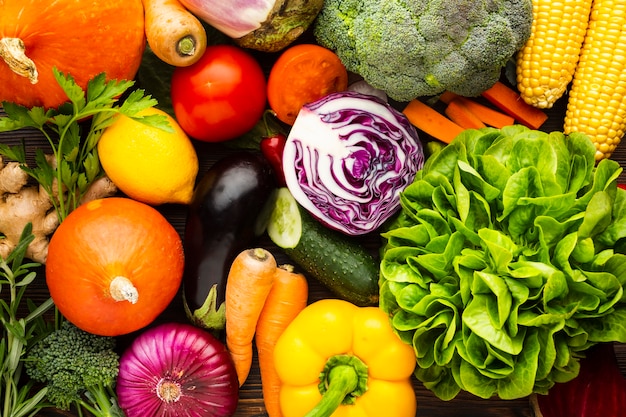Lutein And Zeaxanthin for Eye Health
Eye care time! In times like this where it’s not completely safe to go out, it’s important for you to stay healthy in the comforts of your home and be able to avoid the risks. To begin with, here’s useful research on two compounds that are found to be useful to your vision.
Lutein and Zeaxanthin
These two compounds belong to a group called carotenoids, which refer to pigments found in plants, algae, and photosynthetic bacteria. Bright yellow, red, and orange colors in plants, vegetables, and fruits are being produced by these pigments. Carotenoids serve as a type of antioxidant for us humans and have approximately 600 different types, in which Lutein and Zeaxanthin are included.
A nutritional duo
Lutein and Zeaxanthin are antioxidants found in high amounts of leafy greens and orange-yellow vegetables and in dietary supplements. Most of their activities are focused on the vision, but it is also proven helpful to protect skin from UV damage, harmful effects of oxidation, and cardiovascular health support.
Both compounds are often found specifically in foods like Spinach, Kale, Squash, Zucchini, Peas, Corn, Broccoli, eggs, and related foods. They are fat-soluble carotenoids, which means they’re best absorbed when consumed with some type of fat, such as olive oil or butter.

They’re mostly being used together when mentioned in reliable sources of information because of their similarities. The only difference between the two is that while both are found in the macula, specifically speaking Lutein is mostly found edges of the retina and in the rods of the eye while Zeaxanthin is found primarily in the center of the retina.
Benefits to Eye Health
Reduces risk of Age-related Macular Degeneration (AMD)
There’s a lot of evidence from research on how lutein and zeaxanthin reduce the risk or slow down AMD by blocking blue light from reaching the underlying structures in the macula. Aside from reducing the risk of AMD as stated by Age-Related Eye Studies (AREDS/AREDS2), both can also improve visual performance in AMD patients, cataract patients, and people in good health.
Cataracts
Reported prospective studies found that people who take a lot of foods rich in lutein and zeaxanthin were 18–50% less likely to develop cataracts or need extraction.

Night driving and visual acuity
A study published in the journal Optometry revealed that participants with early AMD consumed 8 mg per day of dietary zeaxanthin for a year and improved their night driving and visual acuity average of 1.5 lines on an eye chart.
Where Can I Get Supplies of Lutein and Zeaxanthin?
Unfortunately, your body does not make the lutein and zeaxanthin naturally, and this is why the following sources of lutein and zeaxanthin are highly essential for you to consistently include in your daily routine.
- Eating green and yellow-orange vegetables
- A well-balanced diet that includes plenty of fruits and vegetables
- Nutritional eye health supplements
- Some fun and special recipes with a lot of lutein/zeaxanthin in it
Get 10% Off on our products, including Vision Revival!
Feeling like opting for a healthy and affordable living? Our health and beauty supplements are a good addition to your cart! For a minimum purchase of $100, you get a 10% off on our products, including this eye health supplement.



